Surgery is a vital field of medicine, focusing on the diagnosis and treatment of diseases through surgical methods. Surgery encompasses many different specialties. Within this field, many physicians and doctors have made their own groundbreaking contributions to science and technology.
In Vietnam, the field of surgery has undergone a long development process with achievements to be proud of. Traditionally, surgery has had a higher proportion of male doctors due to historical factors, physical demands, and the pressure of the job. However, with a shift in perception, many female doctors are choosing this field and are achieving success.
Dr. Phi Thi Quynh Anh, Head of the Ear, Nose, and Throat Department (National Children's Hospital), shared that she has performed numerous ear, nose, and throat surgeries on pediatric patients. Each surgery is a valuable experience, providing her with precious lessons, and the greatest joy after each operation is seeing the smiles on the faces of her young patients as their health improves. These are the motivations that drive her to continue her journey as a pediatric ear, nose, and throat surgeon.
These pediatric patients are " understanding ".
Dr. Phi Thi Quynh Anh recounts that she has many stories with pediatric patients, but one particular encounter with a young inpatient at the Ear, Nose, and Throat Department stands out. The patient was CCK (15 years old, from Chieng Sinh, Son La ), with a sorrowful expression on her face.
K timidly requested a private meeting with the doctor. The boy, from an ethnic minority group, was born into a poor family and had a tumor in his left nasal cavity compressing the optic nerve, causing his eye to bulge and his vision to gradually deteriorate over time. He told the doctor about his family's situation, explaining that his older sister had unfortunately developed a tumor in her abdomen that was not responding to treatment and was in its terminal stage.
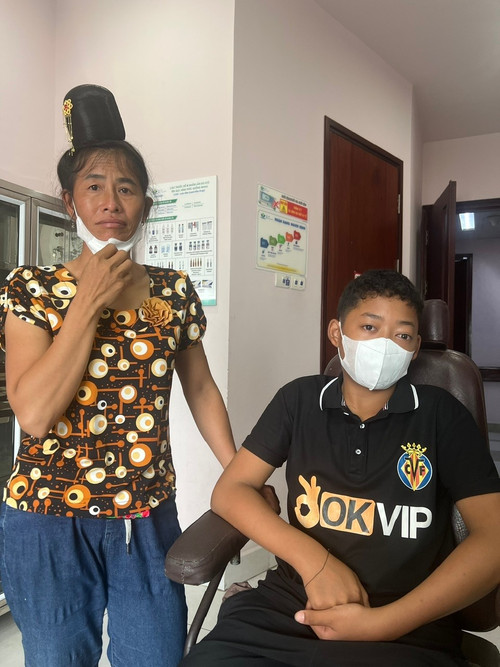
“The boy was only 15 years old, but he was very understanding. He probably knew he had a tumor in his nasal cavity from overhearing the doctors at the lower-level hospital discussing it, so he cautiously told me: ‘Doctor, I know I have a tumor, but if anything happens to me, please don’t tell my mother. I don’t want her to be sad.’ The 15-year-old boy from an ethnic minority group showed such precious affection for his mother,” Dr. Quynh Anh recalled.
Shortly afterward, the doctor and the mother had a meeting to discuss the child's condition. The mother, from an ethnic minority group, with her large, thick bun of hair, honestly asked, "Doctor, is there a cure for my child? Will she be like her sister?" In the corner of the ward, the little boy sat huddled up, and he probably heard and understood everything his mother said to the doctor.
In the near future, a team of experts from the REI organization in the US will come to Vietnam to work at the National Children's Hospital and will invite them for a consultation to determine the most effective intervention and treatment approaches for baby K.
CCK had a tumor in the left nasal cavity, a type of osteofibroma, which Dr. Quynh Anh surgically removed. Treatment for the child was very difficult; although the tumor was benign, it was detected late and had invaded surrounding tissues. This is a very rare condition, and surgery was challenging due to the tumor's rock-hard nature, its invasion of hard-to-reach areas like the eye socket and skull base, its rapid recurrence, and the potential for vision loss in one eye, or even the other. The child has undergone two surgeries to remove the tumor and is continuing outpatient treatment, follow-up appointments, and close monitoring.
The National Children's Hospital is a leading, top-tier specialized hospital in pediatrics, with extensive international cooperation programs with many countries and diverse specialties. For complex cases, consultations can be conducted online or in person with leading experts from developed countries such as the US, France, and Japan. Dr. Quynh Anh shared that a team of experts from the REI organization in the US will soon be coming to Vietnam to work at the National Children's Hospital and will be invited for consultations to determine the most effective intervention and treatment approaches for baby K.
A passion for surgery.
Speaking about how she came to the medical field, Dr. Quynh Anh shared that ever since she was a child, she was often sick and frequently had to go to the hospital, causing her parents a great deal of trouble taking care of her. Even in high school, watching movies, she admired the image of female doctors, so when she became aware of her future career path, she dreamed of becoming a surgical doctor.
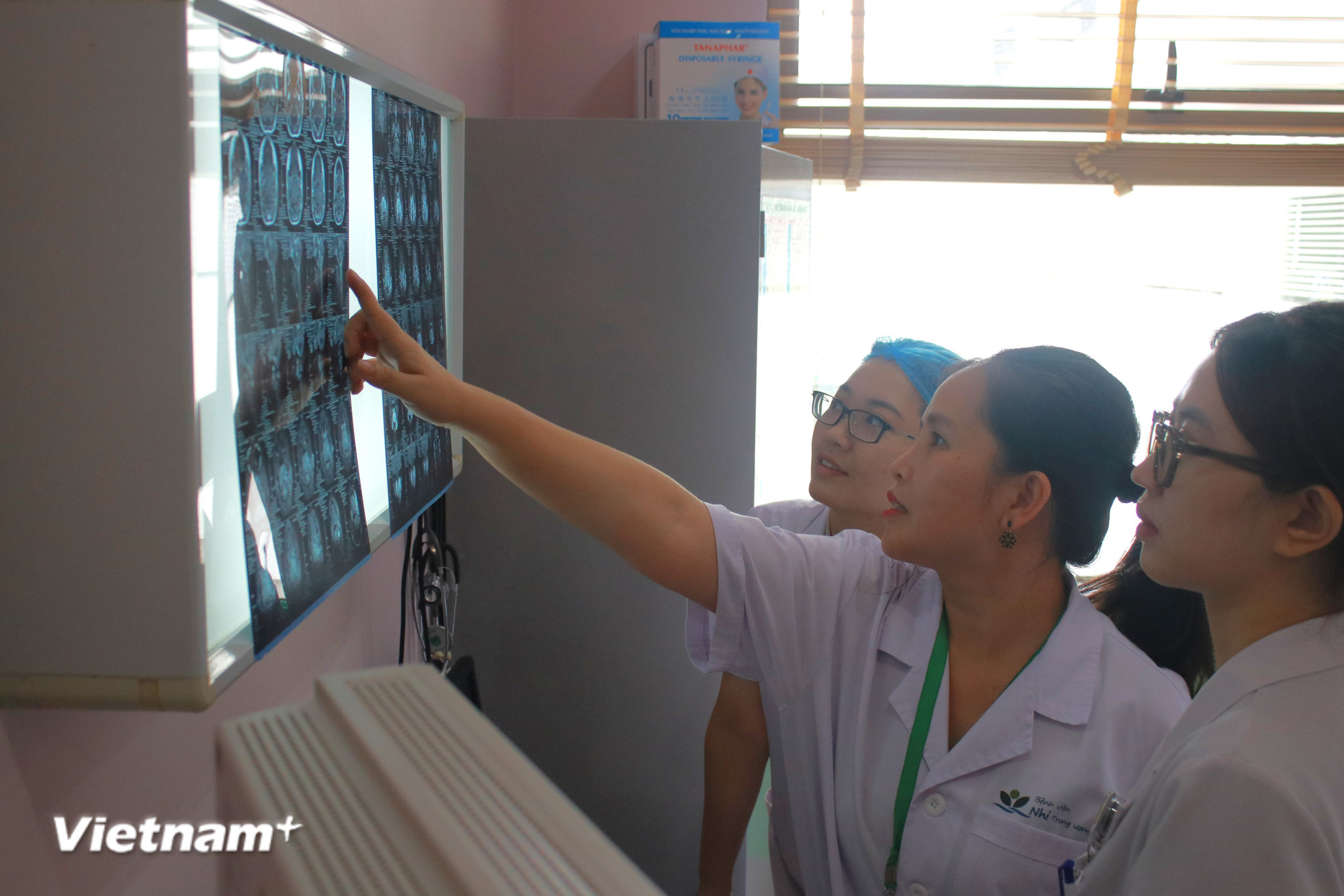
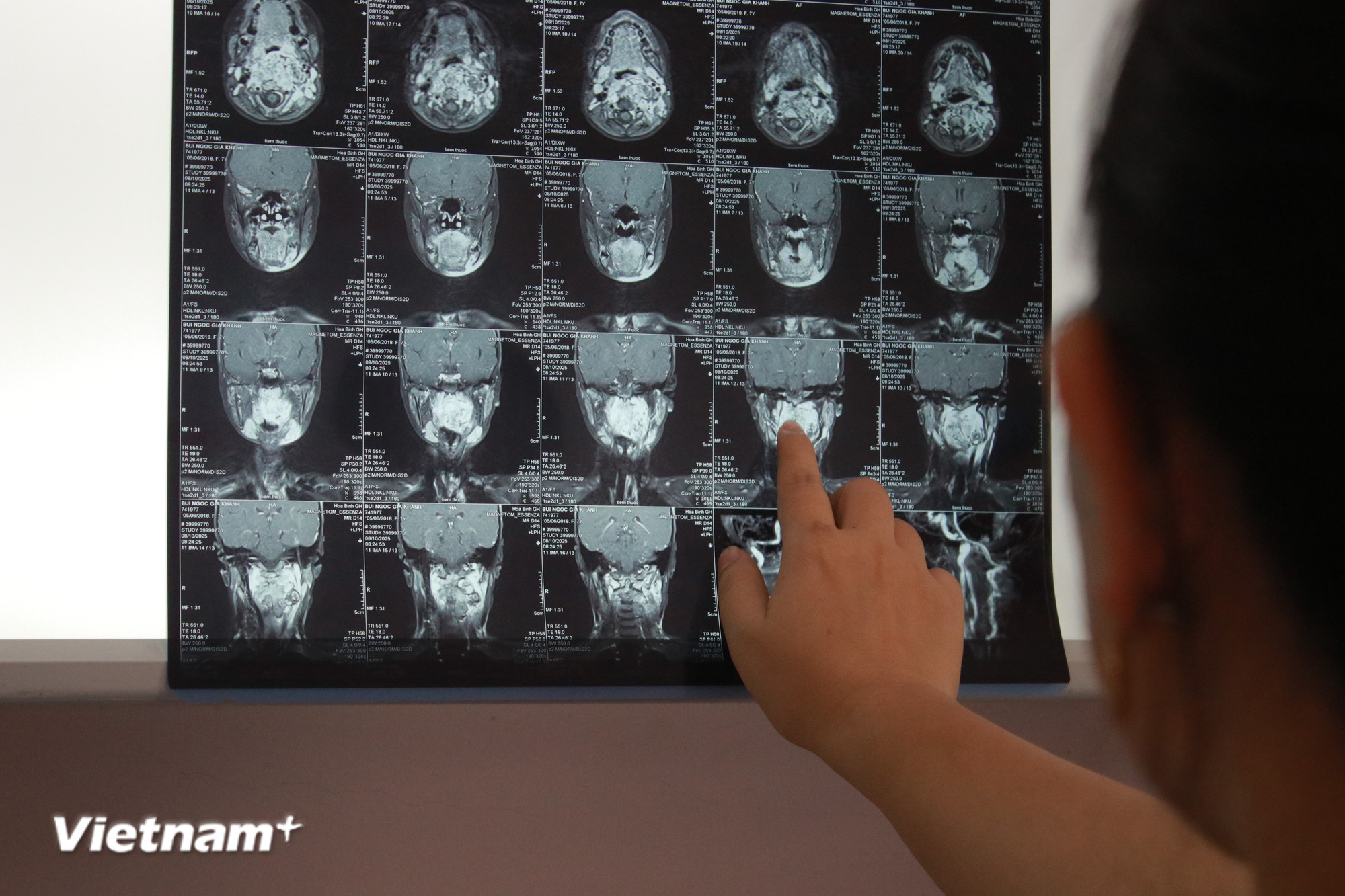
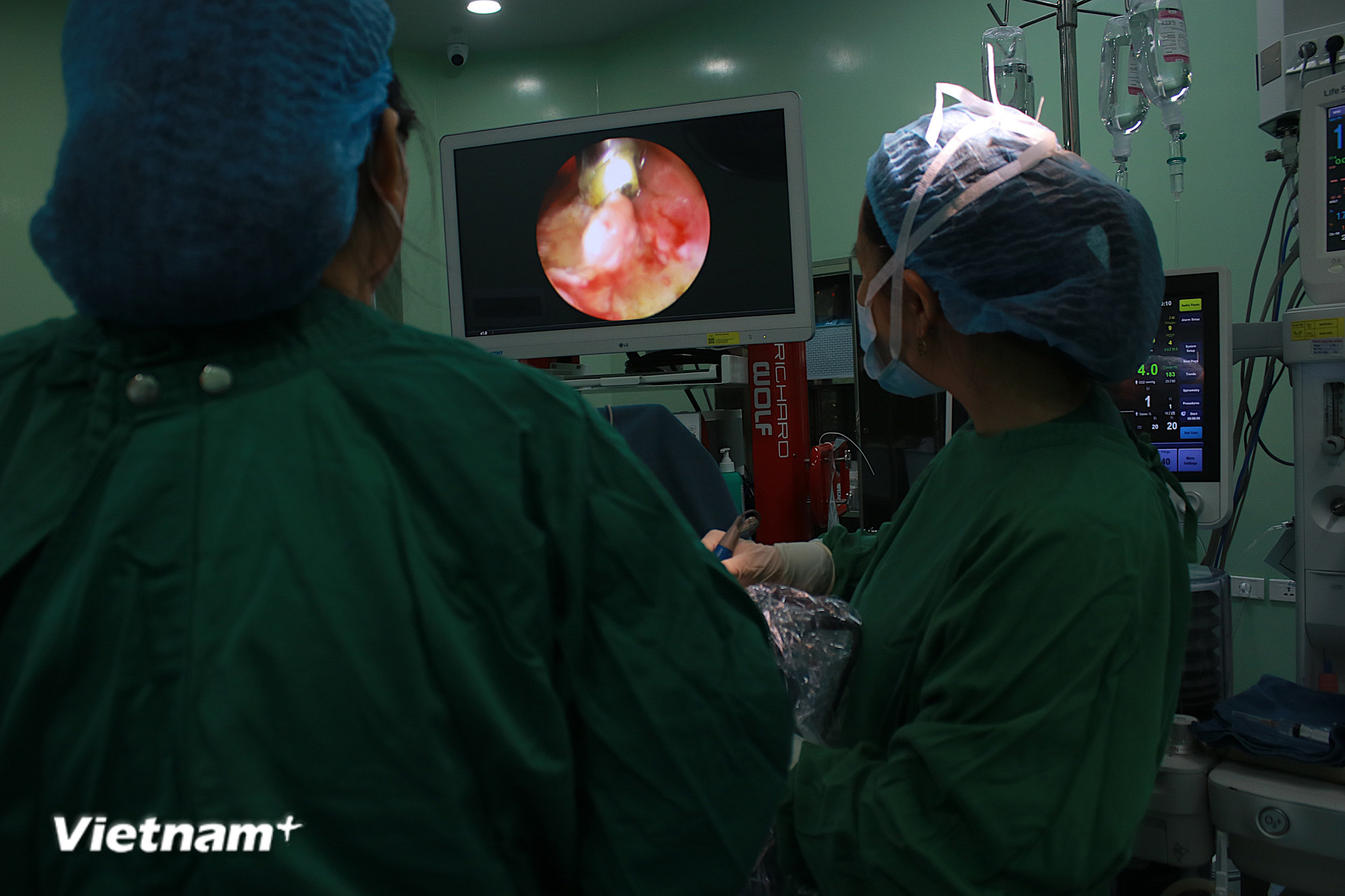
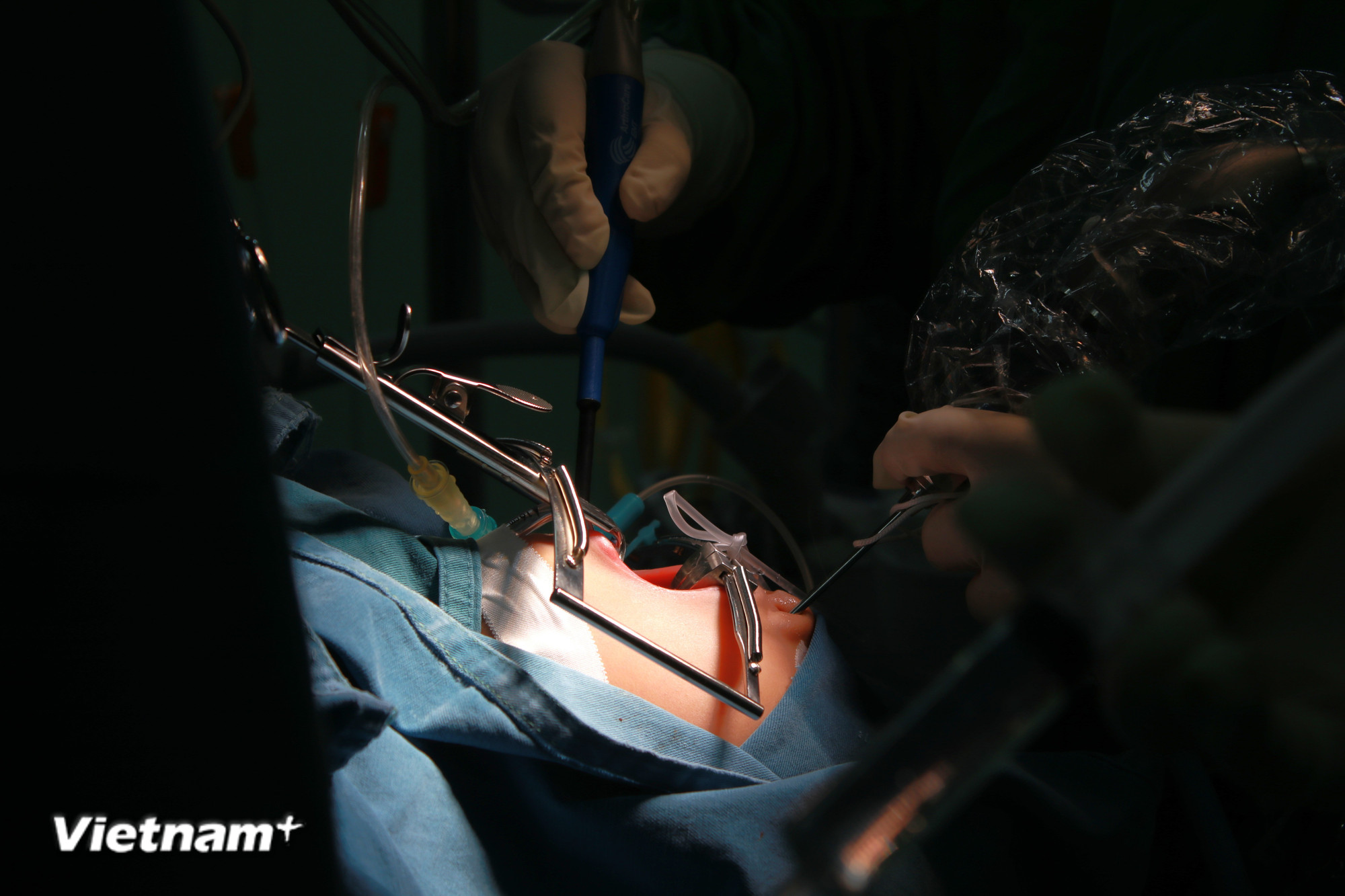
"For me, becoming a doctor was both a dream and a matter of fate. Besides professional expertise and a spirit of continuous learning, surgeons have a special quality: a high degree of decisiveness," Dr. Quynh Anh recounted.
With nearly 20 years of experience and having been a resident physician in the field of Otolaryngology, Dr. Quynh Anh recalls her time as a resident physician at the Central Otolaryngology Hospital. That period of practical "training" provided her with the most clinical experience from patients and her teachers after graduation. Resident physicians consider the hospital their home; in the past, hospitals that trained resident physicians had areas where they could live on-site, at least until 10 pm.
Besides professional expertise and a spirit of continuous learning, surgeons possess a unique quality: a high degree of decisiveness.
“My medical class recruited about 500 students, but only about 70 passed the entrance exam to continue their residency training in various specialties. Back then, each specialty only had 2 to 4 resident doctors. Previously, the number of resident doctors per class was limited due to factors related to training institutions, the size of the training institution, the size of the workforce, the teaching staff, the size of the practice facilities, and the policies of the health sector. As a result, the number of resident doctors per class was small, and there were also few institutions offering residency training. My class, the 33rd cohort of the Hanoi Medical University, only had 4 resident doctors specializing in Otolaryngology, and the 31st cohort had only one Otolaryngologist,” the female doctor recalled.
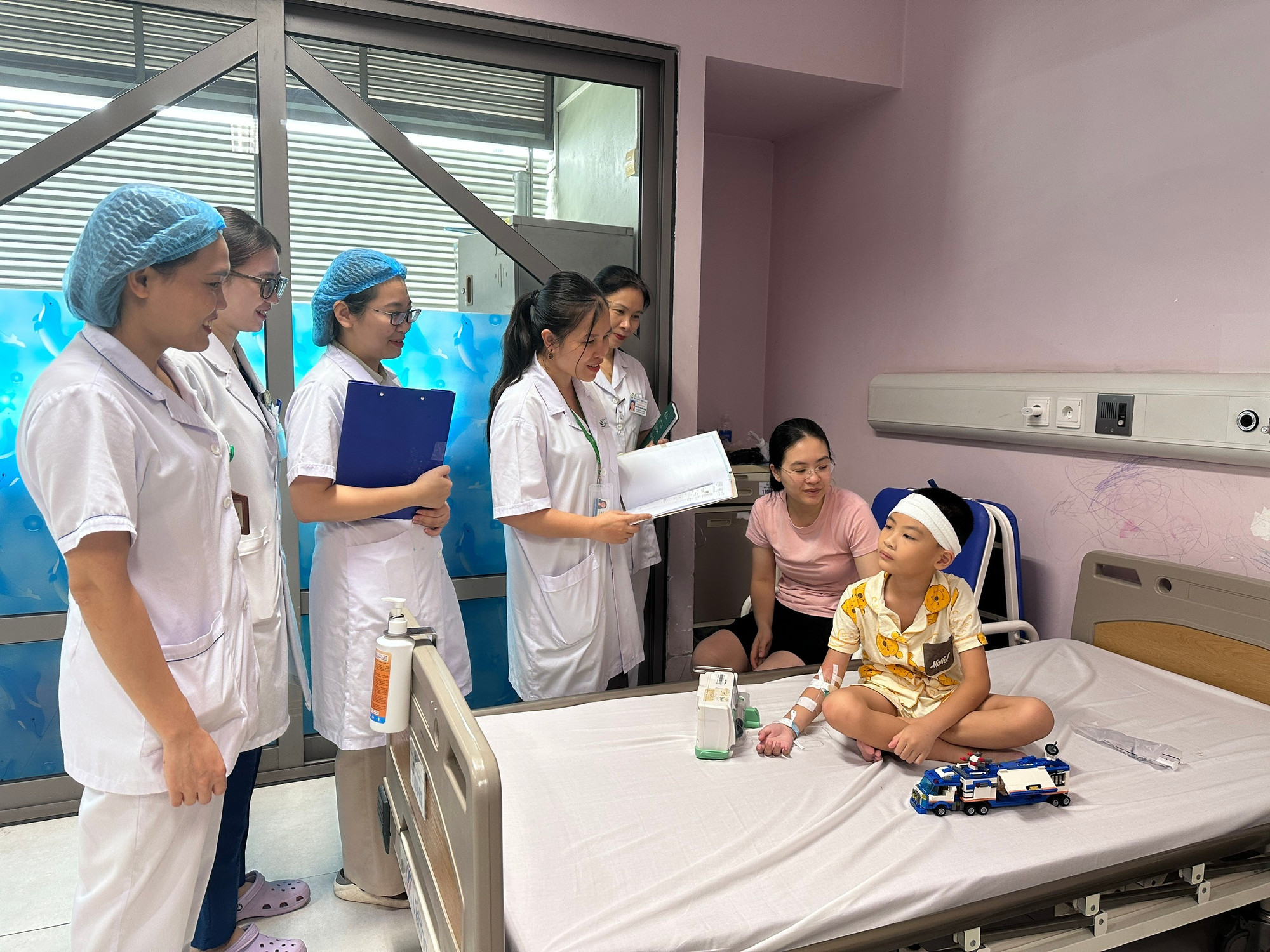
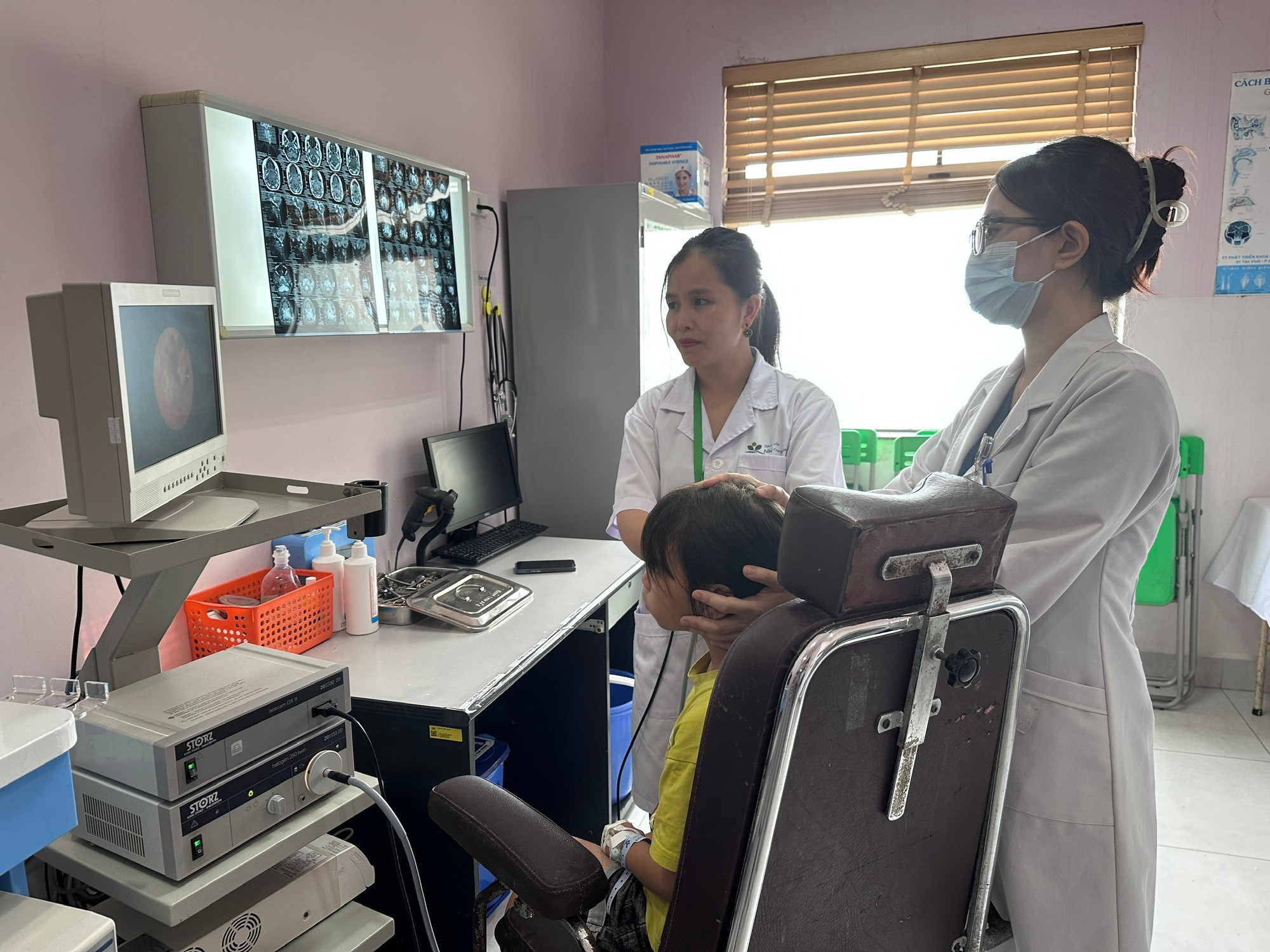
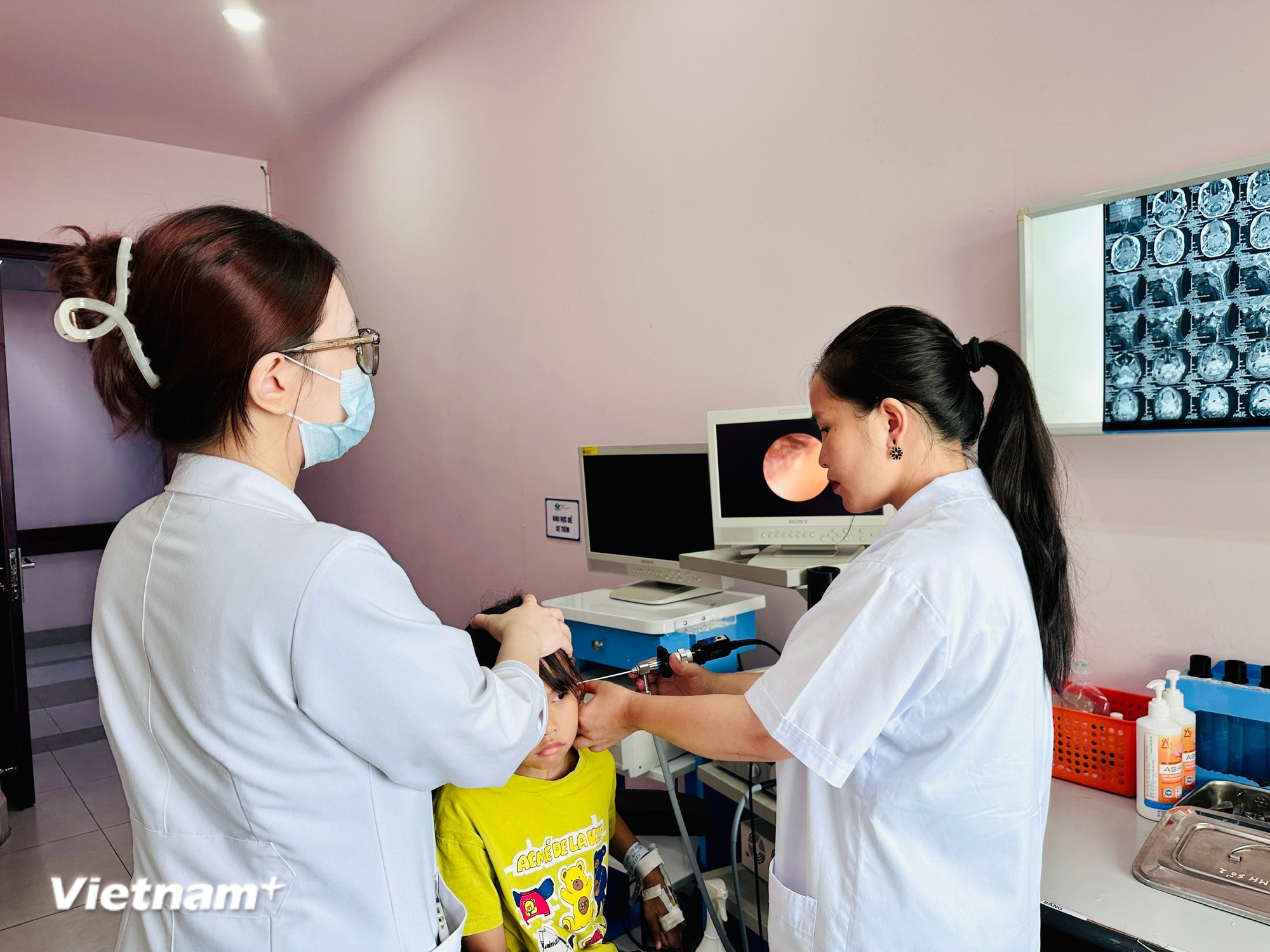
Dr. Quynh Anh shared that, for her and many other doctors, graduating as a doctor, completing residency training, or earning a master's degree and specialist qualification are just the building blocks of a doctor's career. Doctors must learn continuously throughout their lives. Science is always developing, and pathologies are becoming increasingly complex; therefore, doctors need to constantly learn. Residency training demands a high level of both theoretical knowledge and clinical practice. It is precisely these experiences in clinical practice that allow young doctors to learn so much. When resident doctors go to various departments and wards for clinical training, the relationship between them and the department is very special. Experience is accumulated and learned most quickly from teachers and senior generations in the hospital. Patients are also the best teachers.
According to Dr. Quynh Anh, surgeries can last from 30 minutes to an hour, while more complex surgeries can take around 3-4 hours, which is normal.
"However, in surgery, the concepts of simple or complex are only relative. Because when faced with a patient's life, for me, any surgery must be assessed comprehensively, with utmost caution and intense concentration to achieve the best results and minimize risks for the patient. Any negligence during surgery can endanger the patient, and we may not have the opportunity to correct those mistakes. Therefore, I always strive to ensure the safest and most perfect surgery for the patient throughout the procedure," Dr. Quynh Anh shared.
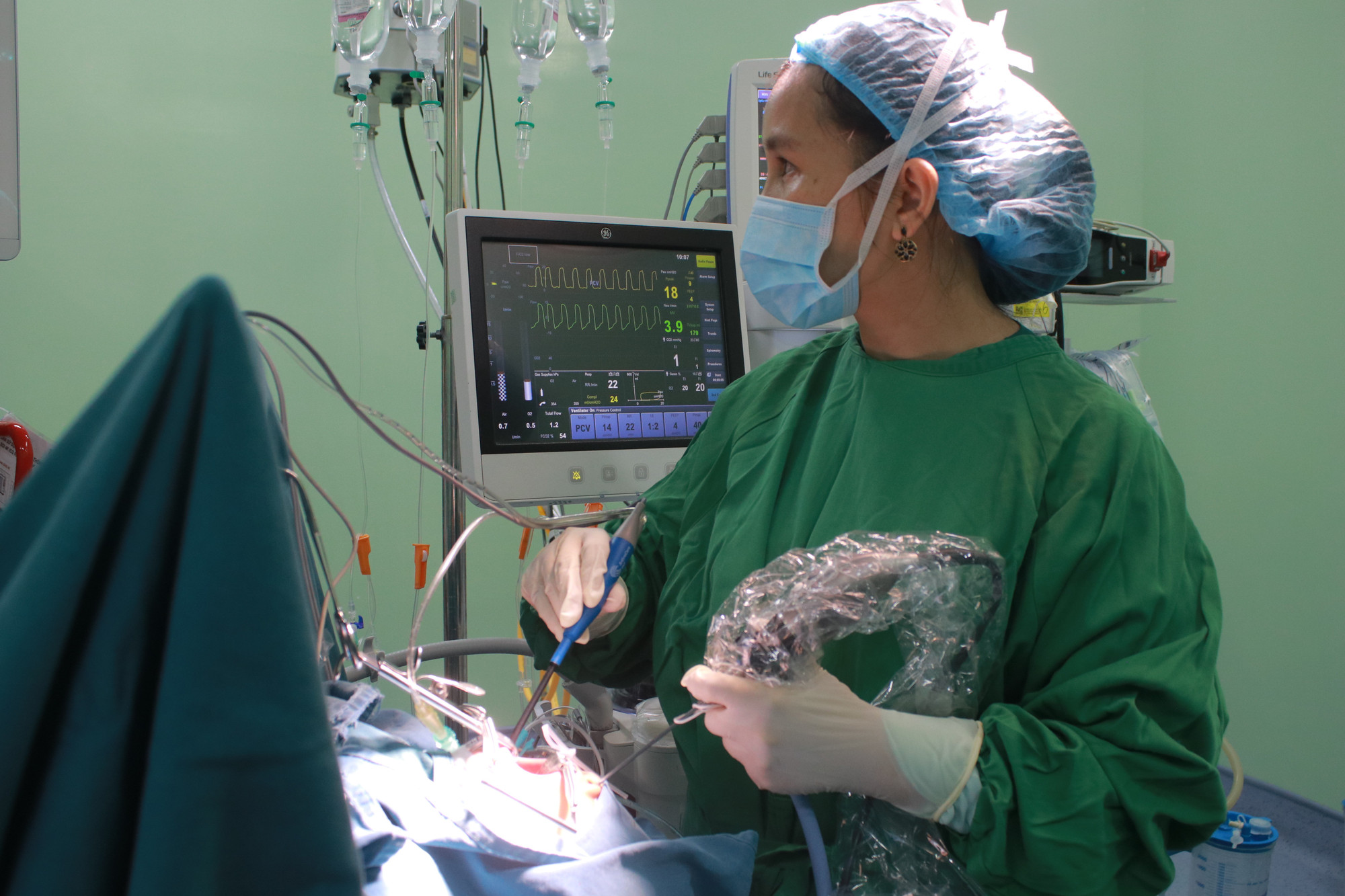
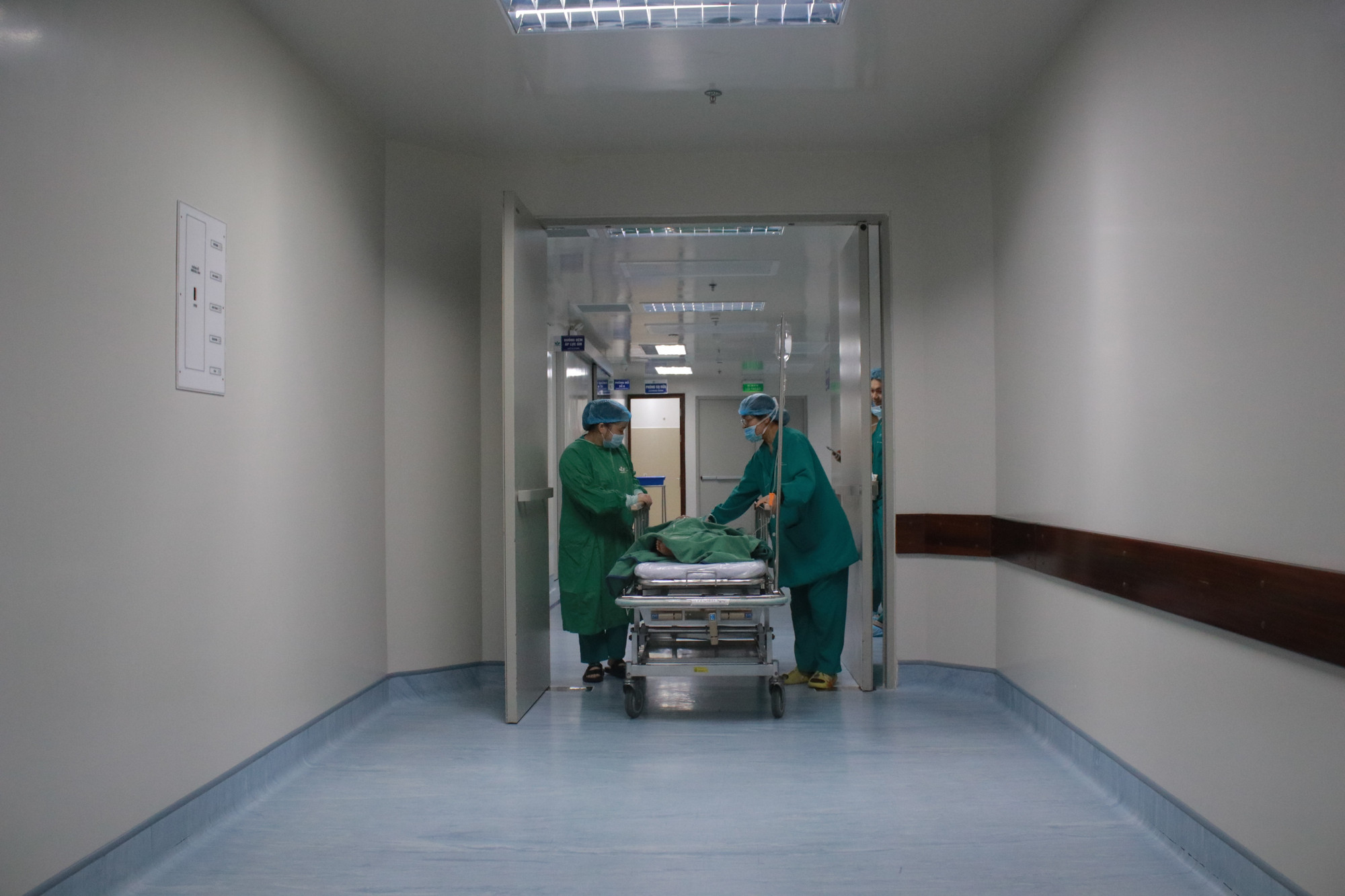
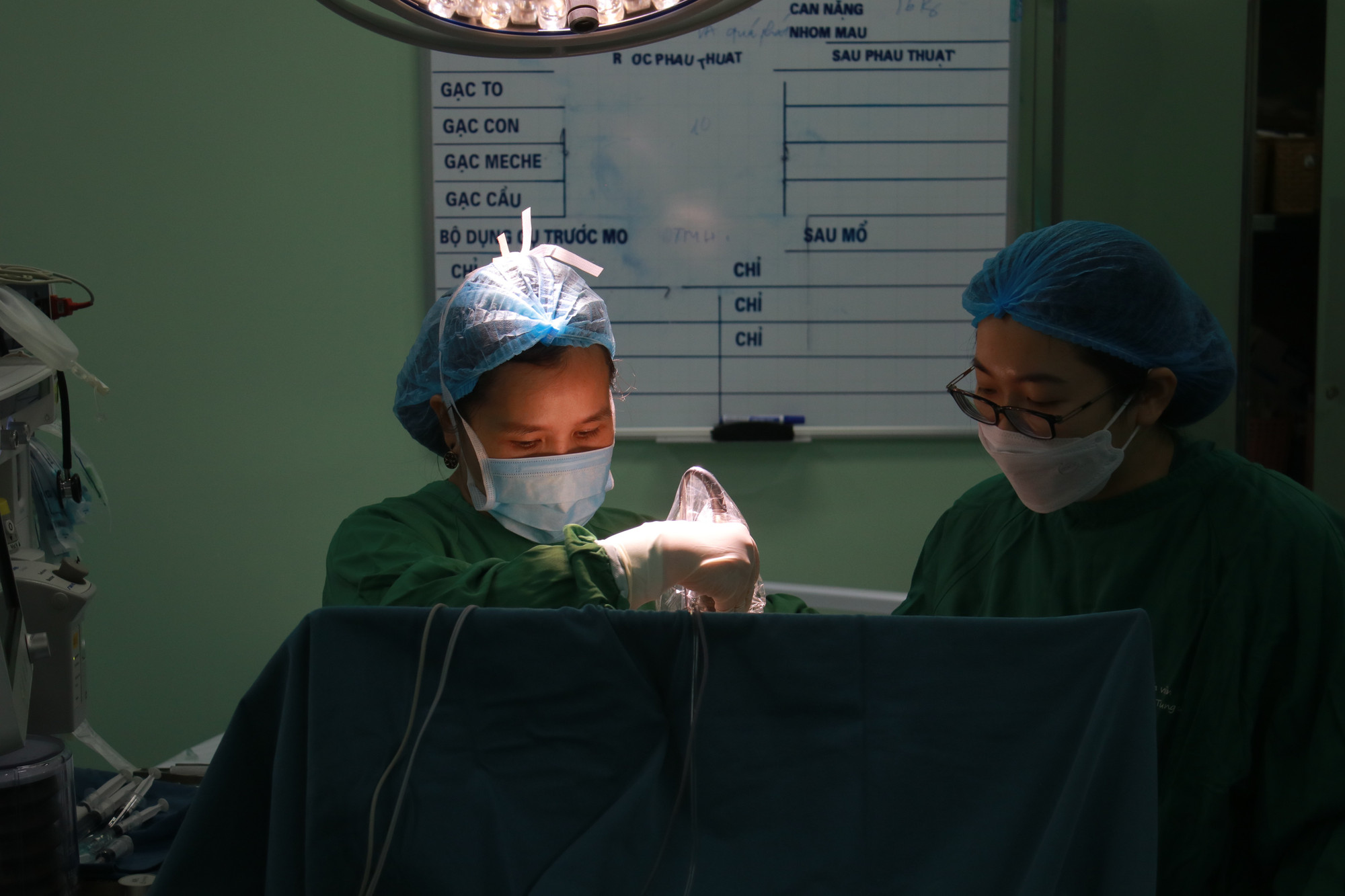
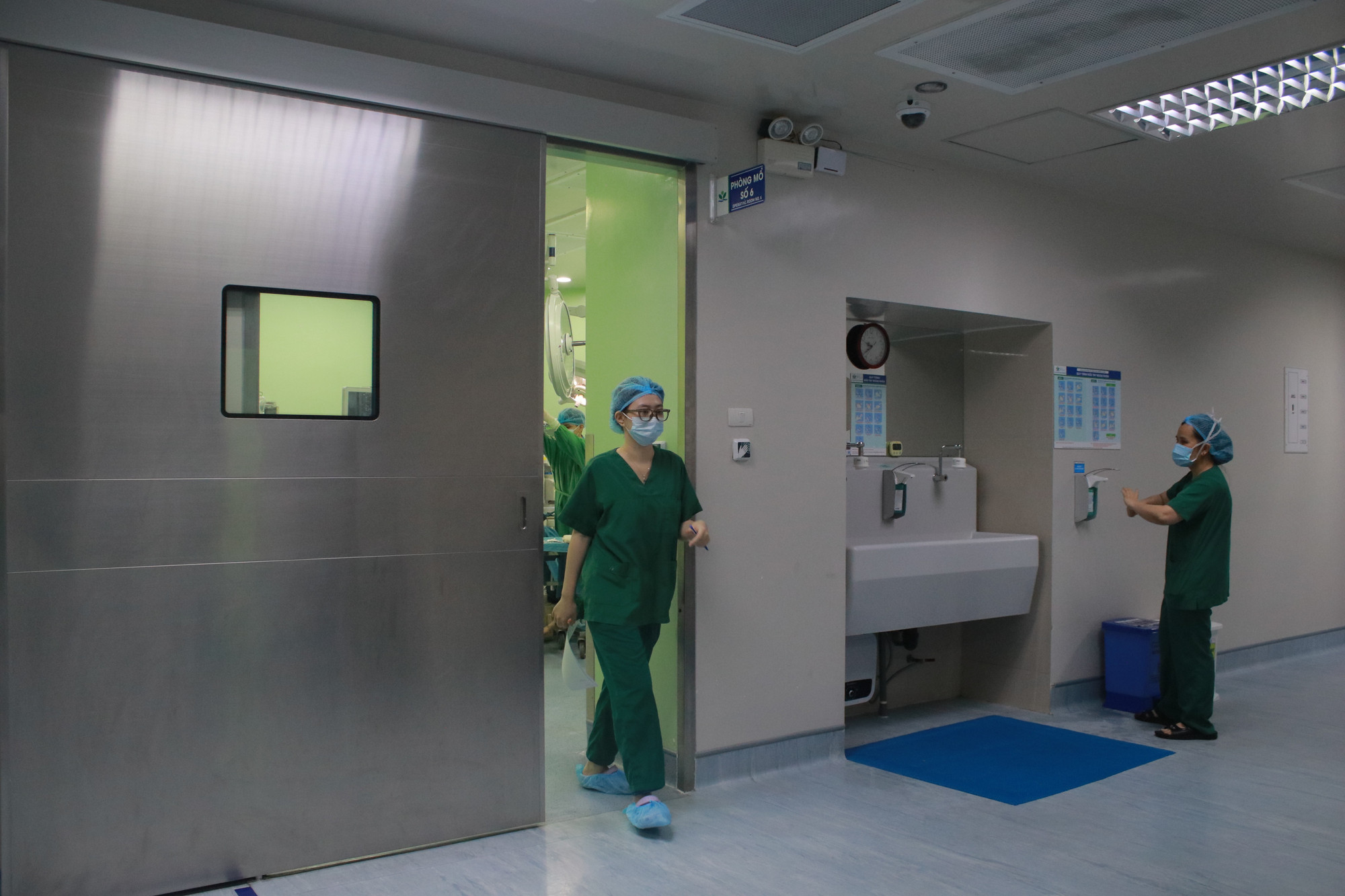
As a leading pediatric specialist hospital, doctors at the Department of Otolaryngology (National Children's Hospital) perform numerous surgeries daily, ranging from simple to complex procedures such as tonsillectomy, adenoidectomy, and ventilation tube placement, as well as surgeries for congenital conditions like preauricular fistulas and branchial clefts, benign and malignant tumors in the ear, nose, and throat, ear surgeries such as tympanoplasty, middle ear reconstruction, and auricular reconstruction, and nasal and sinus surgeries. Currently, the Department of Otolaryngology is implementing nearly 100 procedures and surgeries approved by the Ministry of Health.
Concerned about vulnerable children
In pediatrics, there are many specific diseases related to the ears, nose, and throat. Currently, the Ear, Nose, and Throat Department (National Children's Hospital) also provides specialized examinations for vulnerable children – children with hearing impairments, and children with congenital hearing loss or reduction. Dr. Quynh Anh shared that nowadays, science and technology are very developed, and if children with profound hearing loss are detected and intervened early, they can lead normal lives, integrate into the community, and attend school normally, instead of becoming disabled children.
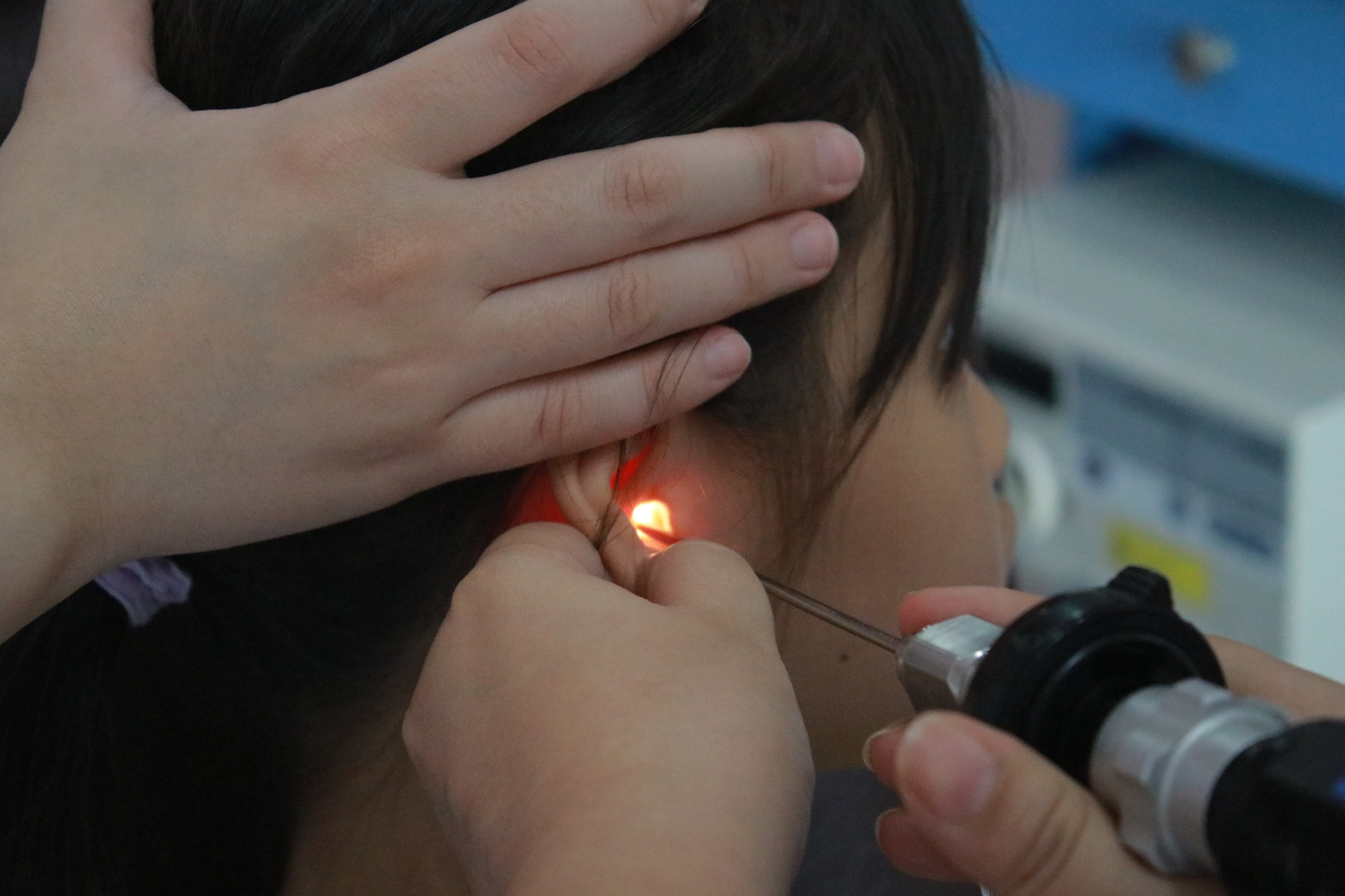
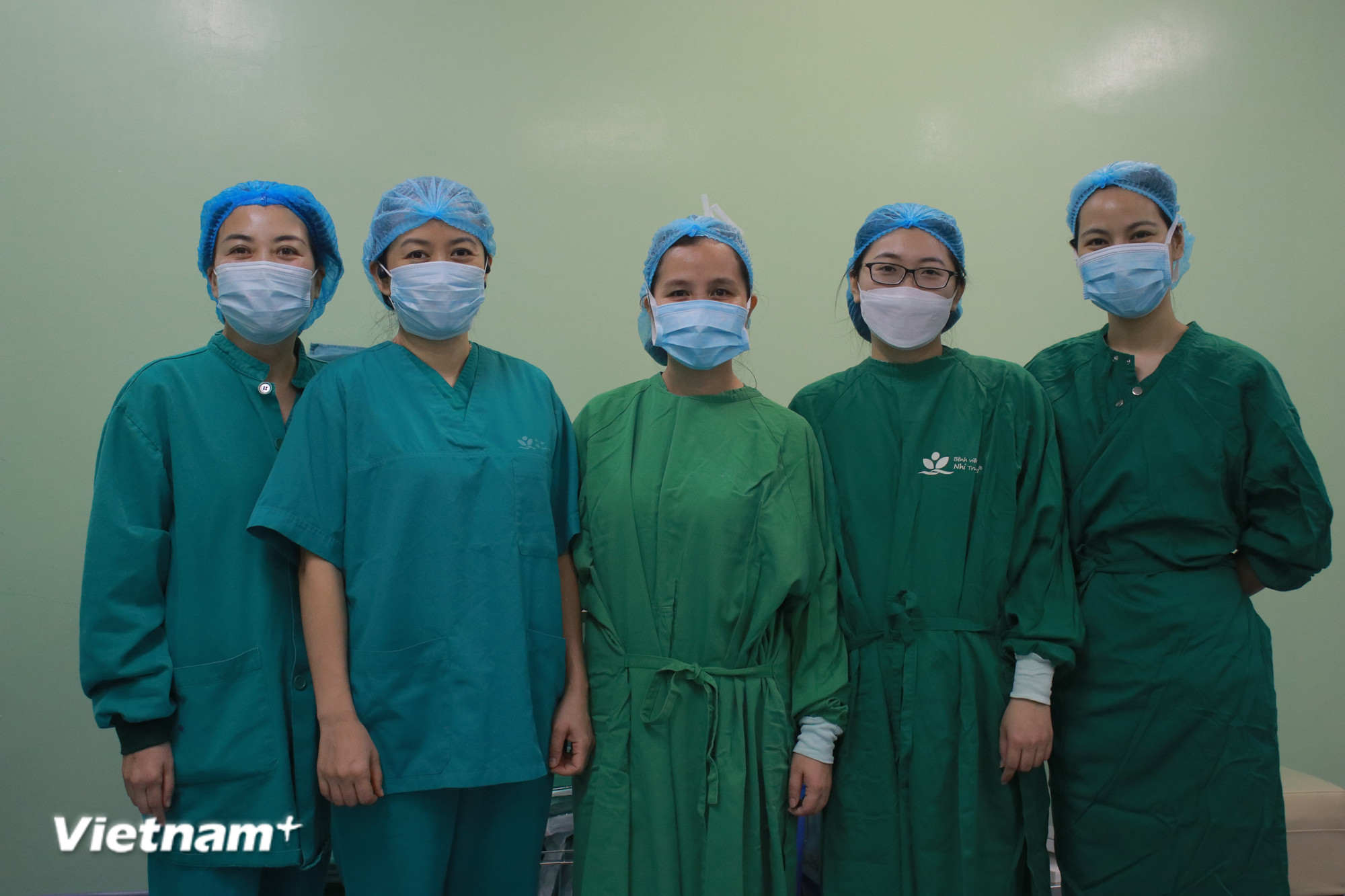
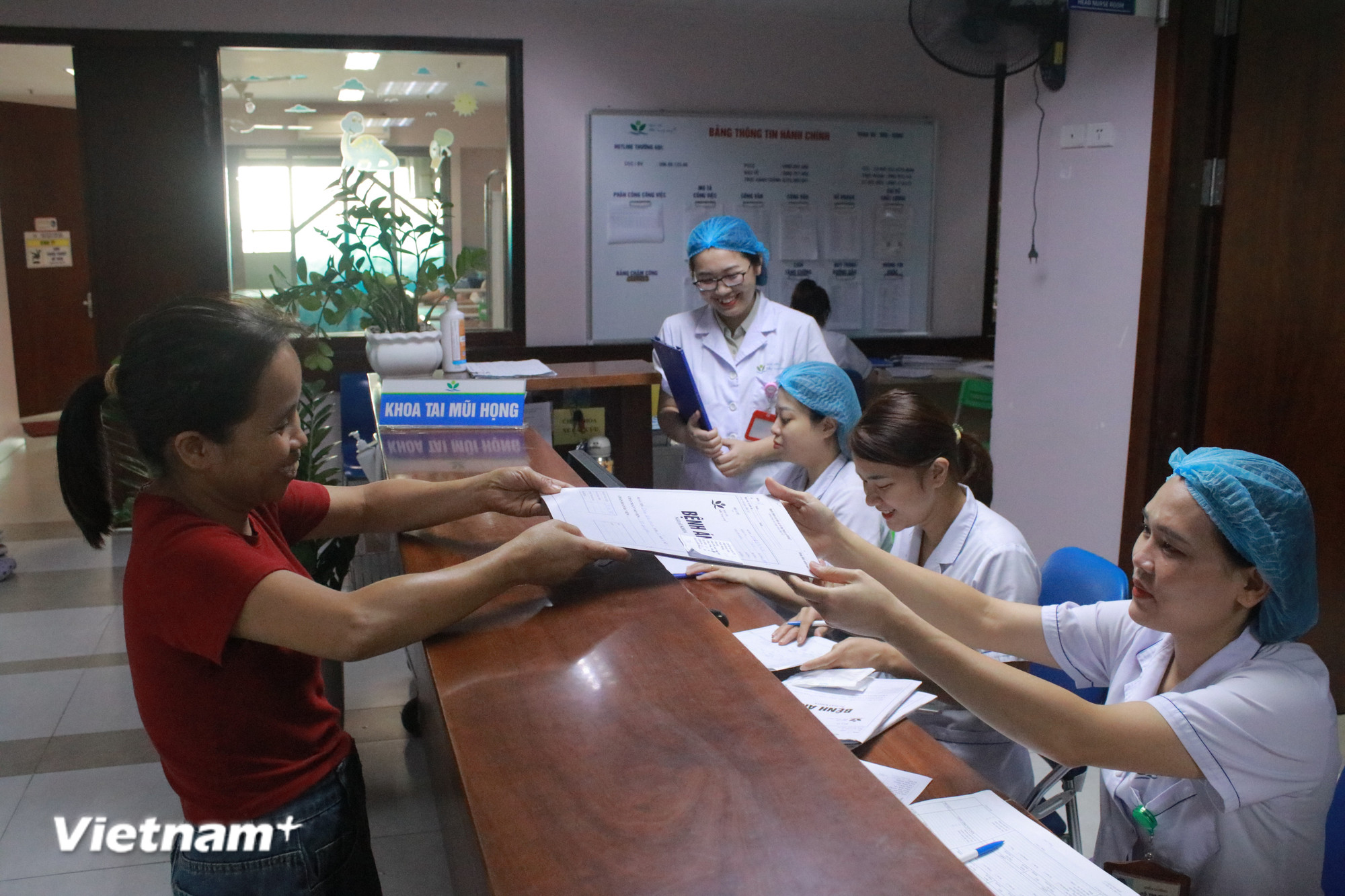
Doctors intervene with both surgical procedures to restore hearing function in children and speech therapy to help them reintegrate into society. This is a very rigorous process requiring close cooperation between the hospital, family, and society. This process lasts approximately 5 to 10 years, depending on each child's medical condition.
Nowadays, with the advancement of science and technology, children with profound hearing loss, if detected and treated early, can integrate into the community instead of becoming disabled.
The hospital also collaborates with the Department of Population (Ministry of Health) to implement a congenital screening program, conducting screening and assessment of hearing in newborns with the goal of early detection and intervention. This ensures the rights of the babies and minimizes the risk that undetected or late-detected hearing impairments could progress to disability or congenital deafness.
Dr. Quynh Anh said that, having daily contact with pediatric patients from diverse backgrounds, her concern is that complex cases often come from disadvantaged families. Many children with congenital hearing loss require cochlear implant surgery, but the cost of the device is very high, exceeding the financial capabilities of most families.
In the case of child CCK, the family is in very difficult circumstances. While the treatment costs are covered by health insurance, the travel and accommodation expenses for follow-up appointments are a major concern for the family. Thanks to generous donors, K. is able to attend regular check-ups as scheduled. Furthermore, there are many children, though young, who deeply care for their parents, think of them, and encourage them to overcome their illnesses. As a doctor specializing in pediatric patients, my heart aches at such times, and I only think about how to help these children overcome their illnesses and return to their normal lives.
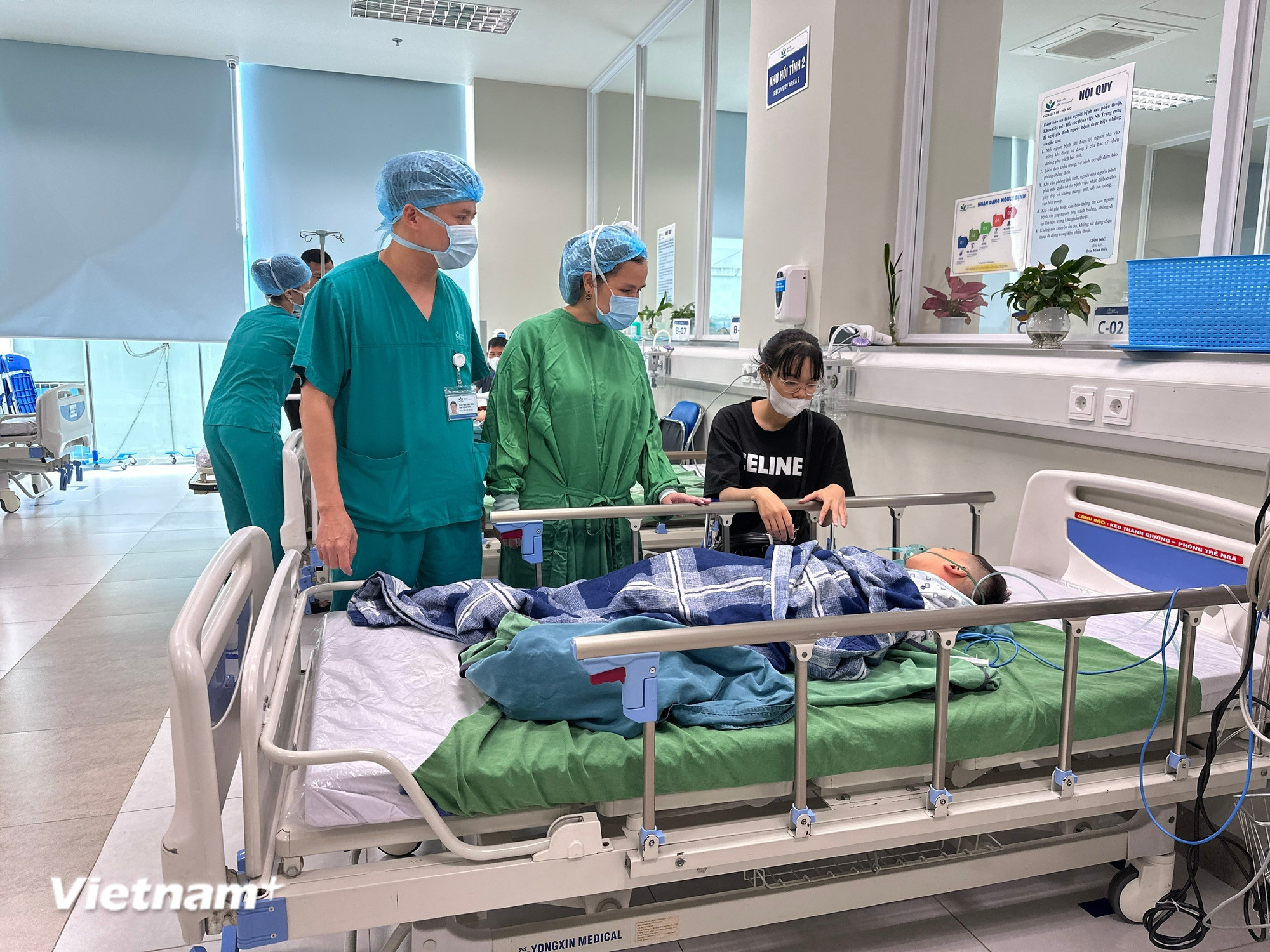
Source: https://www.vietnamplus.vn/nu-bac-sy-phau-thuat-luon-tran-tro-voi-nhung-tre-em-khiem-thinh-yeu-the-post1071308.vnp



![[Photo] Closing Ceremony of the 10th Session of the 15th National Assembly](/_next/image?url=https%3A%2F%2Fvphoto.vietnam.vn%2Fthumb%2F1200x675%2Fvietnam%2Fresource%2FIMAGE%2F2025%2F12%2F11%2F1765448959967_image-1437-jpg.webp&w=3840&q=75)

![[Photo] Prime Minister Pham Minh Chinh holds a phone call with the CEO of Russia's Rosatom Corporation.](/_next/image?url=https%3A%2F%2Fvphoto.vietnam.vn%2Fthumb%2F1200x675%2Fvietnam%2Fresource%2FIMAGE%2F2025%2F12%2F11%2F1765464552365_dsc-5295-jpg.webp&w=3840&q=75)


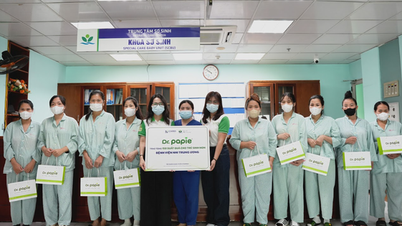





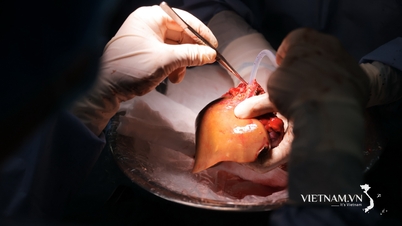



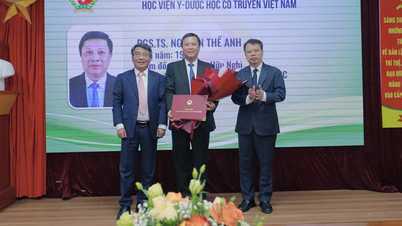

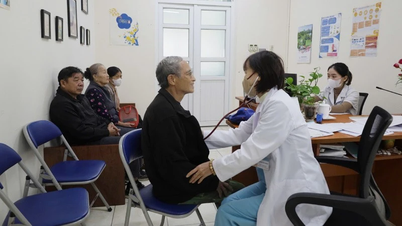

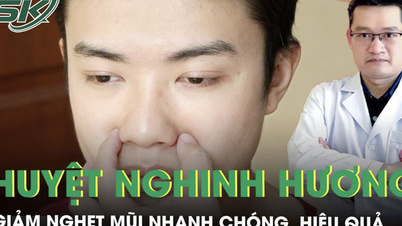
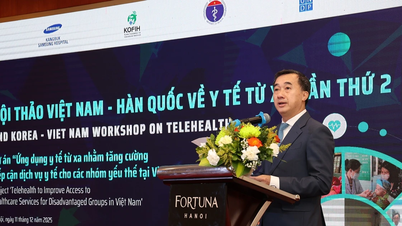
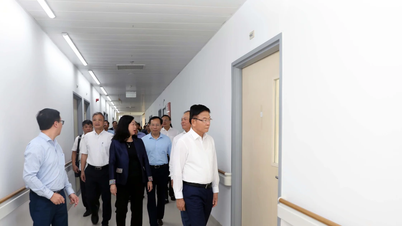





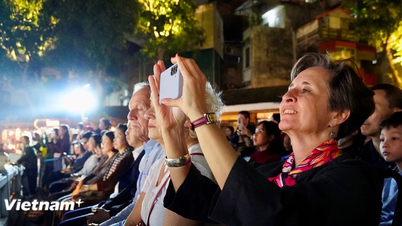

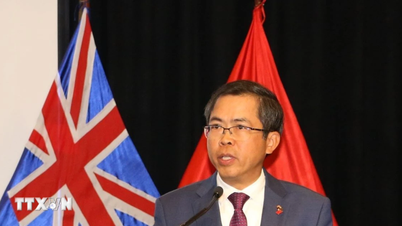





















![[OFFICIAL] MISA GROUP ANNOUNCES ITS PIONEERING BRAND POSITIONING IN BUILDING AGENTIC AI FOR BUSINESSES, HOUSEHOLDS, AND THE GOVERNMENT](https://vphoto.vietnam.vn/thumb/402x226/vietnam/resource/IMAGE/2025/12/11/1765444754256_agentic-ai_postfb-scaled.png)





















































Comment (0)